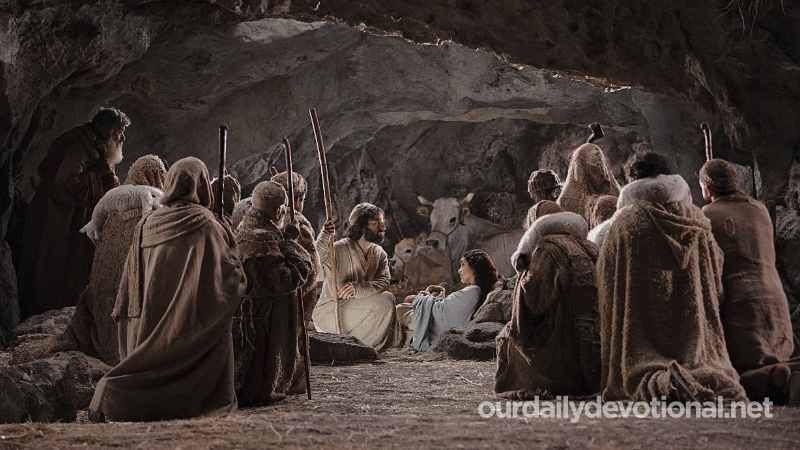Of the various Heb. terms. that correspond to river, there are three that require special attention:
(A) «Nãhãr», watercourse; gr. "potamos": designates the rivers known to the Hebrews in ancient times, such as: the Tigris, the Euphrates (Gen. 2:14; Rev. 9:14), the Abana, the Farfar (2 Kings 5:12), the Jordan (Mk. 1:5), and the tributaries of the Upper Nile (Zeph. 3:10). The expressions "the river" or "the great river" are generally synonymous with the Euphrates (Gen. 15:18; 31:21).
(B) "Nahal" sometimes designates a year-round watercourse, such as the Jabbok (Deut. 2:37), but usually it means a winter stream, a wadi, whose bed is dry during the year. summer. (See TORRENT.)
(C) "Y'or", river, which is used almost exclusively from the Nile and the arms of its delta. The Hebrew term. It has almost the same resonance as the Egyptian name for this watercourse (Gen. 41:1; 2 Kings 19:24; Ez. 29:3).
This term only designates the Tigris in Dn. 12:5-7; cf. 10:4. Figuratively, God will give his people to drink “of the flood of his delights” (Ps. 36:8). To the believer in the midst of trials He promises that: «When you pass through the waters, I will be with you; and if by the rivers, they will not overwhelm you” (Is. 43:2).
It can be a symbol of wrath in judgment, like the "river of fire" (Dan. 7:10), or of blessing and life (Ezek. 47; Rev. 22:1, 2). "The river's currents make glad the city of God, the sanctuary of the habitations of the Most High" (Ps. 46:4). And this river will never dry up.
Meaning of RIVER
(A) «Nãhãr», watercourse; gr. "potamos": designates the rivers known to the Hebrews in ancient times, such as: the Tigris, the Euphrates (Gen. 2:14; Rev. 9:14), the Abana, the Farfar (2 Kings 5:12), the Jordan (Mk. 1:5), and the tributaries of the Upper Nile (Zeph. 3:10). The expressions "the river" or "the great river" are generally synonymous with the Euphrates (Gen. 15:18; 31:21).







